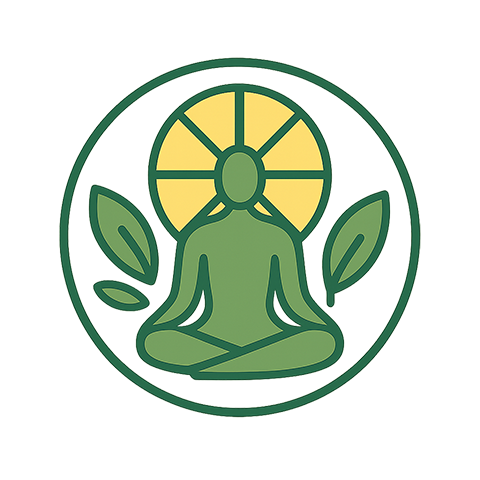In a world where our screens are often the first things we see in the morning and the last at night, finding genuine rest feels like a revolutionary act. We’re constantly bombarded – emails pinging, social media feeds refreshing, news alerts screaming for attention. It’s a relentless digital current that threatens to pull us under, leaving us feeling wired, tired, and perpetually ‘on’. If you’ve ever felt this constant hum of technology overriding your natural rhythm, you’re not alone.
This is where the concept of a digital detox comes into play, not as a punishment, but as a lifeline. It’s about intentionally stepping back, creating boundaries, and giving our minds and bodies a much-needed reprieve from the constant connectivity. Think of it as hitting the pause button in a world that’s always on fast-forward. It’s a necessary step towards reclaiming your mental landscape and allowing space for something crucial: rest.
The fundamental tension lies in the age-old battle of technology vs human. Technology is designed for engagement, for efficiency, for constant updates. It thrives on our attention. Humanity, on the other hand, needs downtime, silence, boredom even, to process, recharge, and simply *be*. Our brains aren’t wired to be perpetually stimulated. We need periods of diffuse thinking, of quiet reflection, of literal sleep, to function optimally and maintain our well-being. The digital age often presents a direct challenge to these inherent human needs.
This is why simply hoping for rest isn’t enough anymore. We have to actively engage in focusing rest. It means making conscious choices: silencing notifications during specific hours, leaving your phone in another room while you unwind, dedicating time purely for non-digital activities like reading a physical book, going for a walk without headphones, or just sitting quietly. It’s about recognizing that rest isn’t a luxury; it’s a necessity for our mental, emotional, and physical health.
Prioritizing rest in a tech-saturated world requires discipline and intention. It might feel awkward or even stressful at first, like missing out on something important. But the payoff – a clearer mind, reduced anxiety, better sleep, and a renewed sense of presence – is invaluable. It’s about taking back control of your time and attention from the algorithms and giving it back to yourself, allowing your human operating system the critical downtime it craves and desperately needs.




